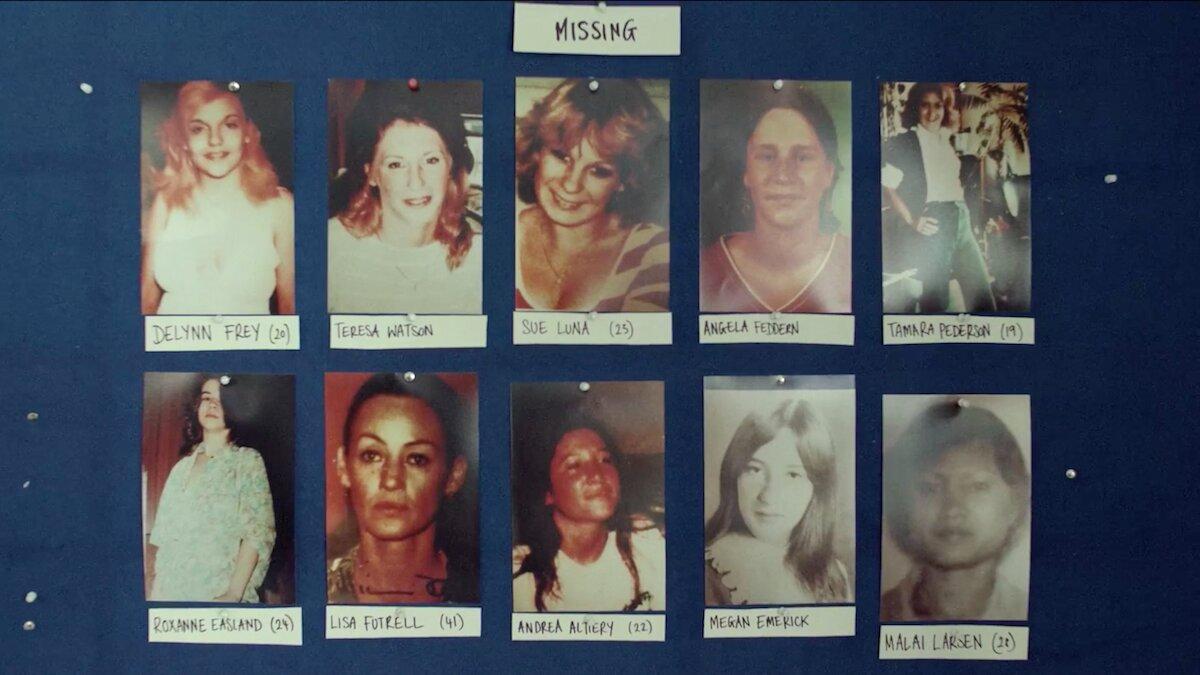The Arrest That Shook the FBI
On February 18, 2001, the FBI executed one of the most significant arrests in its history. Robert Philip Hanssen, a supervisory special agent, was apprehended and charged with espionage on behalf of the KGB and its successors. Hanssen's betrayal didn't just shock the FBI; it exposed deep vulnerabilities within the U.S. intelligence community. More than two years after his arrest, the FBI's Automated Case Support (ACS) system remained insecure, raising concerns about the agency's ability to protect sensitive information. This was a wake-up call for everyone involved in national security.
Hanssen's Journey from Agent to Double Agent
Robert Philip Hanssen was not just any FBI agent; he was a man with a storied career and a dark secret. Born on April 18, 1944, in Chicago, Illinois, Hanssen spent over two decades as a double agent, working for both the Soviet Union and Russia. His espionage career spanned from 1979 to 2001, during which he betrayed the United States in unimaginable ways. Despite his actions, Hanssen led an outwardly normal life, raising six children with his wife Bonnie, who attended private schools. Yet, beneath the surface, Hanssen was engaged in a high-stakes game of deception.
The Fallout of Hanssen's Actions
Hanssen's betrayal had far-reaching consequences. He pled guilty to 15 counts of espionage on July 6, 2001, and was sentenced to life in prison without the possibility of parole. During his time as a double agent, Hanssen received over $1.4 million in cash, diamonds, and payments into Russian accounts. His actions compromised countless operations and endangered countless lives. The investigation into Hanssen's betrayal involved over 300 agents, highlighting the scale of his deception and the FBI's determination to bring him to justice.
Read also:Jackermans Mothers Warmth Chapter 3 A Deep Dive Into The Heart Of Maternal Love
Understanding the Mind of a Spy
Psychopathy plays a crucial role in understanding extreme criminal behavior, especially in law enforcement. Hanssen's case provides a fascinating glimpse into the mind of a spy. While psychopathy offers a useful framework for understanding such behavior, it remains largely unexplored in the context of policing. Hanssen's actions suggest that even the most trusted individuals can harbor deep-seated motivations for betrayal. This case study offers valuable insights into the psychology of espionage and the dangers it poses to national security.
Lessons Learned from Hanssen's Arrest
Hanssen's arrest didn't just end with his imprisonment. It prompted a thorough review of the FBI's practices and protocols. The U.S. Department of Justice, Office of the Inspector General, published an extensive report in August 2003, detailing the FBI's performance in deterring, detecting, and investigating Hanssen's espionage activities. The report revealed significant flaws in the FBI's internal security measures, leading to sweeping reforms within the agency. This was a critical moment for the FBI, forcing it to reevaluate its approach to counterintelligence.
Remembering Hanssen's Legacy
Robert Hanssen's story is a cautionary tale about trust and betrayal. He died on June 5, 2023, in Florence, Colorado, but his legacy lives on. The FBI still refers to him as "the most damaging spy in bureau history." Hanssen's case serves as a reminder of the importance of vigilance and integrity in national security. As we reflect on his story, we must remain vigilant against those who would betray our trust and compromise our safety. It's a lesson we cannot afford to forget.


